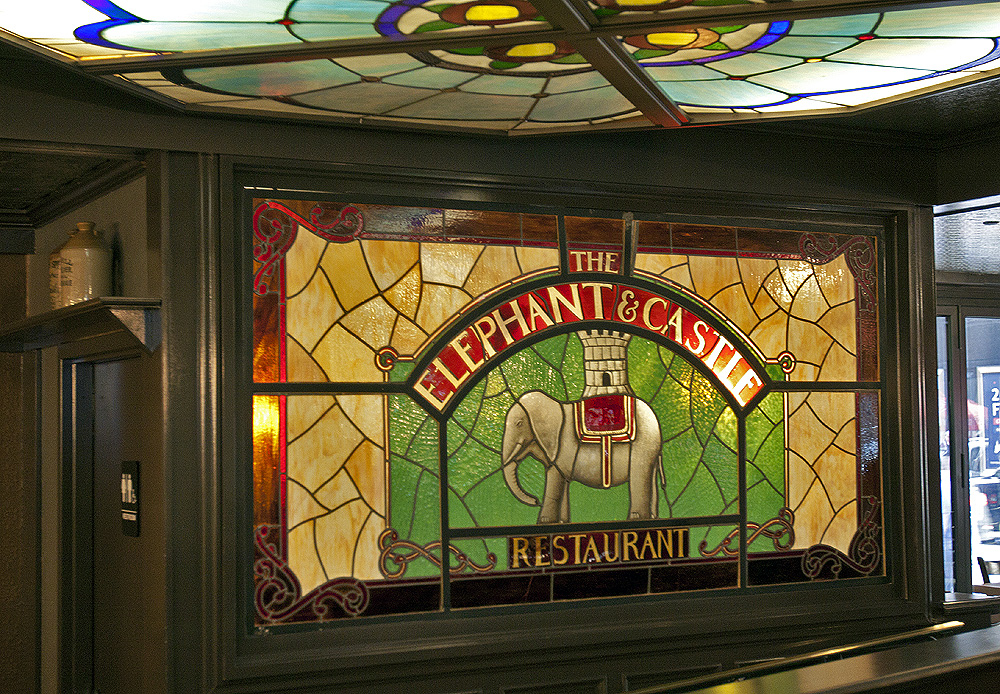As in, I read a couple of articles about “journalism” (yes, with air quotes) this past weekend that were just, WTF?
The first was Nicholas Carr, arguing for Experiments in delinkification. I.e. don’t put links inline in your online stories/blog entries, put them at the end (like footnotes in a book).
- On the most basic level, this is idiotic because the web is about linkage. That’s its power. Read the same article in (for example) the print version Vanity Fair and do the lookups after reading the physical article. Not pretty.
- I respect Carr, and he got the idea from Steve Gillmor – I respect Steve and Dan (his brother) Gillmor about tech and journalism. NOTE: No link to Steve’s original column that I can see.
- I can see the argument for same: Takes (potentially) reader away from article. That’s the point of links. If I’m distracted by a shiny object (link), my bad. But why not offer same to me, and let me decide? Why not put a link to Steve’s article so I can decide that he’s a tool or that, while I respect him, Steve has left the reservation on this subject? Or that Carr has misrepresented Gillmor’s intent or whatever? That’s part of journalism that linkage makes easy/powerful (link to source – let reader decide if you’ve interpreted correctly etc.).
- Overall, I disagree with this online “linkless” writing, but that’s me. I can see the merits of the counter arguments; I just don’t buy into them.
The other article I read this weekend – on TechCrunch – was Sarah Lacy’s take on whether print journalism is dead or not. After talking to managers of a Southeast Asia print empire, Sarah says this corporation has the keys to keeping print media alive.
How?
They recruit the best – and have more applicants than positions. Kudos!
And then things got weird – both with the print (and TV) empire, and with Sarah, the so-called journalist.
The Jawa Pos will only hire someone if they are under 25 and you must retire when you hit 50—no matter what your seniority.
The company’s network of more than 150 publications and television stations is designed to avoid the exact problem that plagues old-school media: An overpaid preponderance of senior staff that doesn’t do much. [emphasis added]
Does experience and seniority have advantages in the work place? Of course. That’s why the Jawa Pos lets you work there until you are fifty.
I understand what the company – Jawa Pos – is trying to do (save money on salaries). Why would an American – a woman – buy into this? (Sure you’re OK until you’re 50, but if you’ve had a kid…).
And how about Sarah’s comment: Does experience and seniority have advantages in the work place? Of course. That’s why the Jawa Pos lets you work there until you are fifty.
1) They “let you work there” until you are fifty? Thanks!
2) At 50 years + one day, does my experience and seniority have advantages in the work place? According to this article, nope – and that’s a good thing! This’ll keep print alive!! (It’ll help. At 50, nuke that editor and replace with someone half-aged/half-priced.)
And – yep – the reason print is dying is because of “An overpaid preponderance of senior staff that doesn’t do much.”
Nothing to do with declining classified sales.
Nothing to do with younger people reading non-physical news (ah, the interTubes…..).
And yes, more so [NOT!] than any other industry, an “overpaid preponderance of senior staff that doesn’t do much.” Not true in any other industry: Sales, retail, marketing, Congress etc.
Those lazy blokes with ink-stained fingers…
Sarah Lacey’s article is – to me, a one-time journalist, an avid reader – disturbing.
The logic here, simply put, is that news is a young person’s business.
Really? Tell Studs Turkel, Bob Woodward, Roger Ebert and others.
You’re out.

